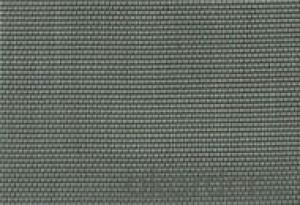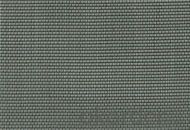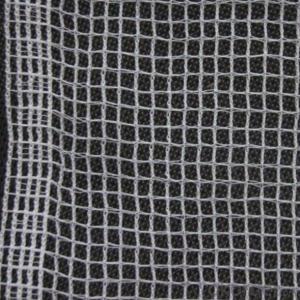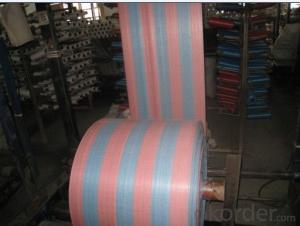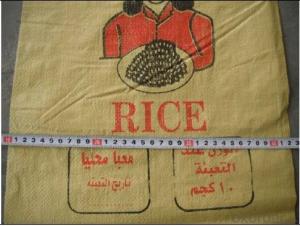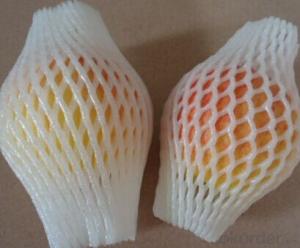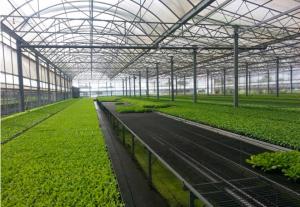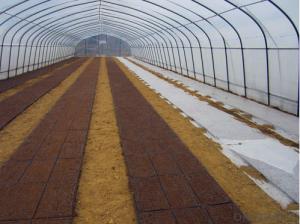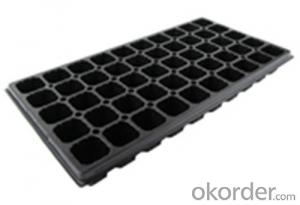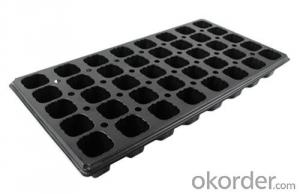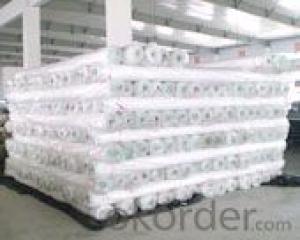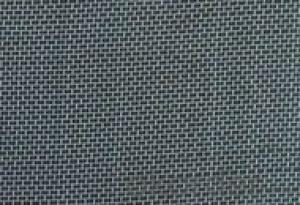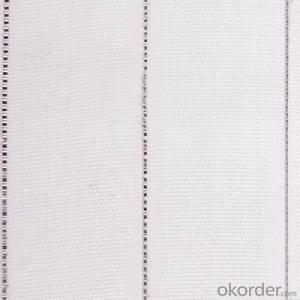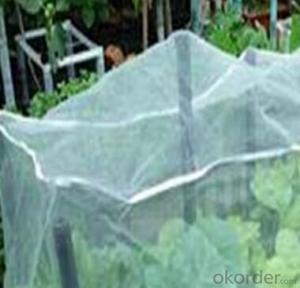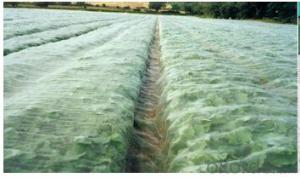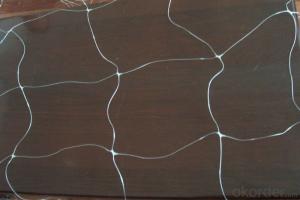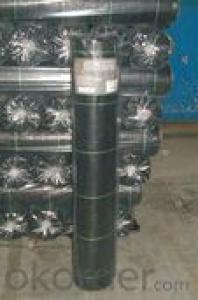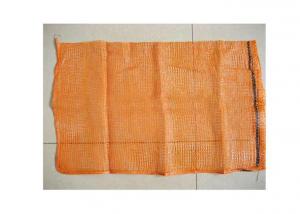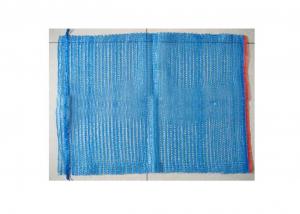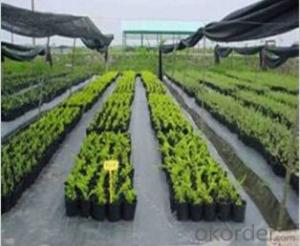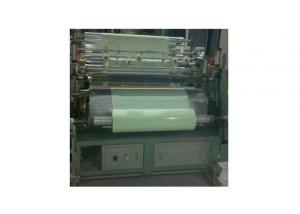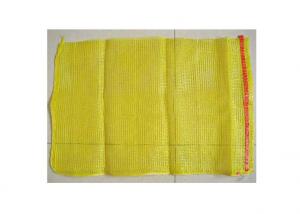Anti Insect Net different 100% HDPE new material
- Loading Port:
- China Main Port
- Payment Terms:
- TT OR LC
- Min Order Qty:
- -
- Supply Capability:
- -
OKorder Service Pledge
OKorder Financial Service
You Might Also Like
Introduction of ANti insect net:
It is weaved byHigh-density polyethylene (HDPE) UV stabilized mono filament, and is widely usedin greenhouse construction.Specifications:
Material base fabric | Fabric Weight | Uv. Content | Temperature range |
HDPE | 80gsm up to 200gsm Standard Weight: 80gsm, 110gsm, 125gsm | 0.3% or 0.5% | -40 ~ +80oC |
Width: 1m, 1.5m,2m (can be joined to 10m)
Length: 20m, 50m,100m
Color: Black, Green, DarkGreen
Minimum life length: 4 years, under normalweather conditions and use.
Applications of Anti insect net for green house:
- Being aneffective protection against insects like white fly, etc.
- Helpingreduce the use of phytosanitary products against insects/plagues.
- Allowingmaximum ventilation in hot seasons.
- Q: What are the potential health hazards linked to the use of plastic films in farming?
- <p>Yes, there are several health risks associated with the use of agricultural plastic films. These include the potential for chemical contamination of soil and water due to the release of harmful substances from decomposing plastics. Additionally, the microplastics that result from the breakdown of these films can be ingested by humans and animals, potentially leading to various health issues. There's also a concern about the exposure to chemicals used in the production of these films, which can be harmful if they leach into the environment. Furthermore, improper disposal and accumulation of plastic waste can lead to environmental pollution, which indirectly affects human health.</p>
- Q: I have some black plastic parts on the outside of my car that need cleaning.
- soap and water
- Q: Does anyone know if termites would bore through plastic? My window has a bunch of holes in it that look like termite tracks, but it is on the plastic part of the window. Any ideas??
- haha, no. termites eat through wood only i believe. they could eat it, but due to its texture, they won't. it would kill them if they would.
- Q: How does ground cover impact the growth of nearby mosses?
- Ground cover can have a significant impact on the growth of nearby mosses. Dense ground cover, such as grass or shrubs, can create shade and competition for resources like sunlight, water, and nutrients, which may inhibit the growth of mosses. On the other hand, a sparse or open ground cover allows more light to reach the mosses, promoting their growth. Additionally, ground cover can affect the moisture levels in the soil, and mosses prefer moist environments. Therefore, the type and density of ground cover can either facilitate or hinder the growth of nearby mosses.
- Q: Is it possible to utilize agricultural plastic mulch as a method to prevent soil erosion?
- <p>Yes, agricultural plastic mulch can be used to prevent soil erosion. It helps by reducing the impact of raindrops on the soil surface, thus decreasing the detachment and splashing of soil particles. The mulch also slows down the velocity of surface runoff, which is a major factor in soil erosion. By reducing runoff velocity, plastic mulch can minimize the erosion process. Additionally, it can improve soil structure and fertility, which indirectly contributes to better soil stability and reduced erosion. However, it's important to note that plastic mulch is not a complete solution and should be used in conjunction with other erosion control practices.</p>
- Q: Is it possible to reuse plastic bags that have been used for packaging agricultural crops?
- <p>Reusing agricultural plastic bags after they have been used for packaging crops is generally not recommended due to potential contamination and hygiene concerns. Used bags may contain residues of soil, pesticides, or crop debris, which can introduce pathogens or contaminants to subsequent uses. Additionally, the bags may be damaged or weakened from the initial use, making them less effective for reuse. It is advisable to use new, clean bags for each crop to ensure the safety and quality of the produce.</p>
- Q: What are the different colors available for agricultural plastic products?
- The different colors available for agricultural plastic products include black, white, green, blue, and transparent.
- Q: what's the altirnative for minimizing the danger of plastic?
- Actually, other than potential imediate threats like a bag leading to asphykiation, or can rings snaring birds, or something leaching out. Plastic really does the same thing in soils that rocks do- take up space, contribute or impede percolation, etc. Not that plastic is good, but if you were to shred up say a plastic bumper cover off a car to pea size particles- you could incorporate them into the soil to do much the same thing as rock does only with less density.
- Q: How long do nursery trays last?
- The lifespan of nursery trays can vary depending on factors such as material quality, usage, and maintenance. However, on average, nursery trays can last anywhere from 2 to 5 years before they may need to be replaced or repaired.
- Q: This question seeks to understand the positive economic impacts of utilizing biodegradable plastic products in agriculture.
- <p>The economic benefits of using biodegradable agricultural plastic products include reduced environmental cleanup costs, as these products break down naturally, avoiding the expenses associated with removing traditional plastics. They can also lead to cost savings in the long run by improving soil health, which enhances crop yields and reduces the need for chemical fertilizers. Additionally, biodegradable plastics can lower energy consumption and greenhouse gas emissions in the production process, which may result in financial incentives or subsidies in regions with environmental policies. Furthermore, they can create new market opportunities for agricultural businesses that adopt sustainable practices, potentially increasing their competitiveness and profitability.</p>
Send your message to us
Anti Insect Net different 100% HDPE new material
- Loading Port:
- China Main Port
- Payment Terms:
- TT OR LC
- Min Order Qty:
- -
- Supply Capability:
- -
OKorder Service Pledge
OKorder Financial Service
Similar products
Hot products
Hot Searches
Related keywords
